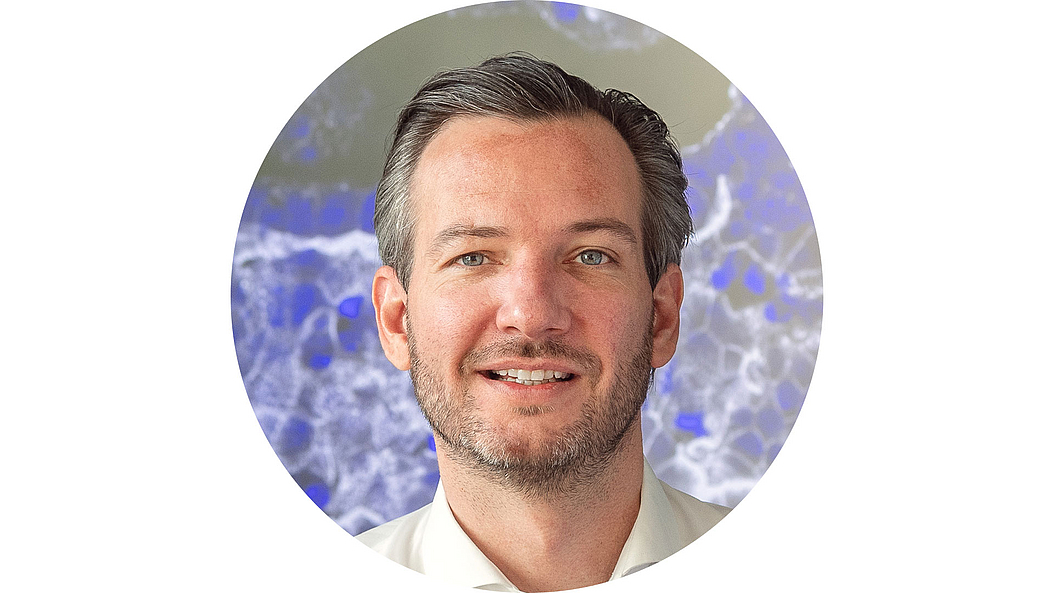At each event, two Principal Investigators (PIs) of MIBE will provide exciting insights into their research. After the talks, which take around 60 minutes, there is plenty of time for networking.
Prof. Dr. Matthias Hebrok: Stem cell derived organoids in diabetes and pancreatic cancer
Prof. Dr. Maximilian Reichert: Unraveling intra-tumoral heterogeneity in pancreatic cancer using organoid technology
Date and Time: Wednesday, July 12th, 2023, 4:15 pm – around 5:15 pm, afterwards networking
Place: MIBE lecture hall (room E.126), Boltzmannstraße 11, 85748 Garching and Zoom

At this point content of an external provider (source: www.youtube-nocookies.com) is integrated. When displaying, data may be transferred to third parties or cookies may be stored, therefore your consent is required.
You can find more information and the possibility to revoke your consent at our privacy statement.

At this point content of an external provider (source: www.youtube-nocookies.com) is integrated. When displaying, data may be transferred to third parties or cookies may be stored, therefore your consent is required.
You can find more information and the possibility to revoke your consent at our privacy statement.
Prof. Hebrok is director of the new TUM Center for Organoid Systems and also heads the Institute for Diabetes and Organoid Technology at Helmholtz Munich. He works on the differentiation of human stem cells into functional pancreatic organoids. Using gene editing strategies, hormone-producing islet cells are developed for cell replacement therapies for patients with diabetes. His group also generates human organoid models to explore new diagnostics and therapies for pancreatic cancer.
"Researching diabetes and pancreatic cancer with miniature organs" – Press release (2023)
"Bavarian Distinguished Professorship for Matthias Hebrok" – Press release (2023)
Image: Uli Benz / TUM
Maximilian Reichert's group focuses on pancreatic development and disease with a strong interest in the molecular underpinnings of cellular plasticity in organogenesis, regeneration, and cancer initiation and dissemination. Using system biology approaches as well as complementary in vitro and in vivo assays, the laboratory addresses questions related to both basic as well as translational biology. Expertise in development of genetic mouse models allows targeted manipulation of candidate genes and their subsequent molecular and phenotypic characterization. Using a combination of high-throughput transcriptional profiling as well as genetic lineage labeling, the laboratory can interrogate both the biochemical and cellular effects of the introduced genetic manipulation.
"Model system provides insight into the growth of pancreatic tumors" – Press release (2022)
Image: Andreas Heddergott / TUM
Further Information
Livestream
There will be a live-stream for this event via zoom.
Zoom details: We are MIBE Speaker Series, https://tum-conf.zoom.us/j/612 2888 8412, Meeting-ID: 612 2888 8412 Passcode: waMIBE
Recognition Qualification Program for Doctoral Candidates
If you're doing your doctorate within the field of biomedical engineering, regular participation in the speaker series can be counted towards subject-specific qualification in DocGS.
Registration form for doctoral candidates

